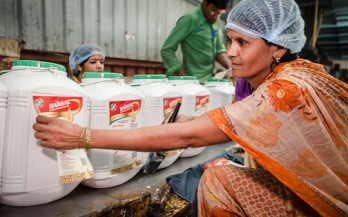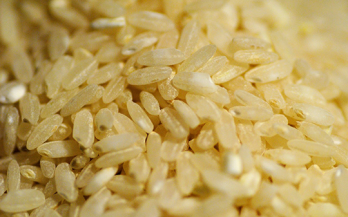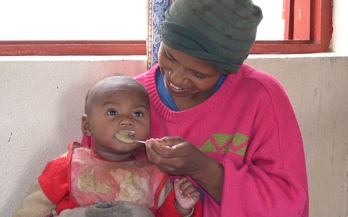The objective of this Food and Nutrition Bulletin supplement is to focus attention on the need to integrate actions to improve maternal, infant, and young child nutrition.
This supplement brings together papers focusing on the critical 1000 days of human development from pregnancy until 2 years of age.
The objective of this study was to provide an overview of efficacy, effectiveness, economics of food fortification and biofortification, and status of and challenges faced by large-scale food fortification programs in low- and middle-income countries.
Lack of data and tools to understand and design for the optimal mix of interventions, across groups and over time, is a key limitation in managing this inherent tension. This series of articles proposes a way forward to address this gap.
The papers presented in this Supplement cover a wide range of topics pertinent to the implementation of large-scale food fortification programs and contribute to strengthening ongoing programs, as well as providing important lessons for new countries.
In this review, an overview of the Integration to Effective Implementation framework, as applied to iron, is presented along with a summary of the key issues addressed during the Micronutrient Forum session series.
The objectives of this study were to review the evidence base for maternal and Infant and Young Child Nutrition (IYCN) actions and to discuss the development of the Maternal, Infant, and Young Child Nutrition Network in relation to the IYCN Working Group's role and structure.
Food fortification is implemented to address vitamins A and D deficiencies in numerous countries. The stability of vitamins A and D3 was assessed during a two-month period reproducing the usual oil storage conditions before sale to consumers.
The objective of this study was to assess the global prevalence and disease burden of vitamin D deficiency, and population‐based strategies to improve vitamin D status, particularly in low‐ and middle‐income countries
The purpose of this study was to develop and test a model to procure premix through a transparent and efficient process in which an adequate level of quality is guaranteed and a financial mechanism is in place to support countries or specific target groups when there are insufficient resources to cover the cost of premix.










